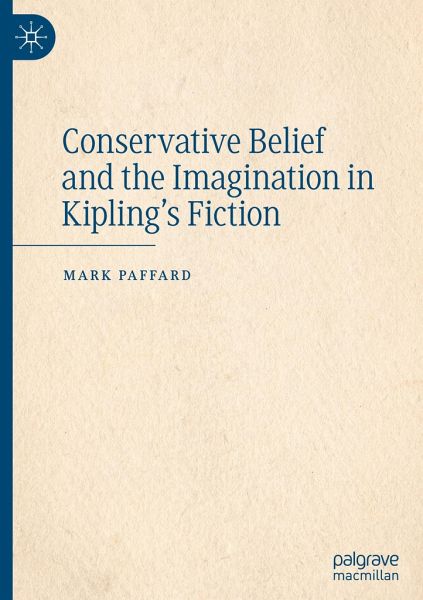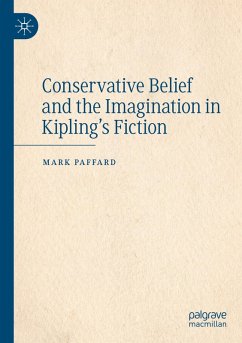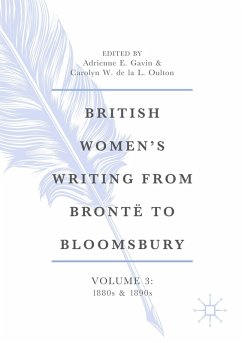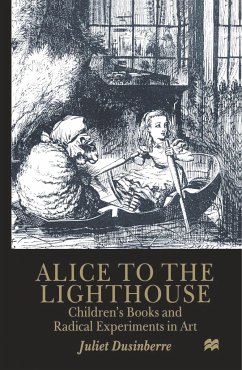
Conservative Belief and the Imagination in Kipling's Fiction

PAYBACK Punkte
46 °P sammeln!
This book explores the tension between the conservatism and the imaginative process across the entirety of Rudyard Kipling's fiction. It shows how Kipling the conservative thinker explores problematic aspects of Empire and the English class-system, both because it is unavoidable and because his art requires it. This tension is evident in the Indian and 'Imperial' Kipling and in his later 'English' stories. Situating Kipling's fiction within changing social and political contexts, Mark Paffard shows the anxieties Kipling as a conservative responds to in the early Indian stories to be very diffe...
This book explores the tension between the conservatism and the imaginative process across the entirety of Rudyard Kipling's fiction. It shows how Kipling the conservative thinker explores problematic aspects of Empire and the English class-system, both because it is unavoidable and because his art requires it. This tension is evident in the Indian and 'Imperial' Kipling and in his later 'English' stories. Situating Kipling's fiction within changing social and political contexts, Mark Paffard shows the anxieties Kipling as a conservative responds to in the early Indian stories to be very different from those caused by the economic and technological upheaval of the 'Belle Epoque', and those arising from the First World War. Paffard reveals how Kipling's development as a writer is shaped by his need to respond differently to a changing world: imperialist ideology and conservatism dictate the stories that he sets out to write, and his imagination and sympathy shape the stories that are finally written.














